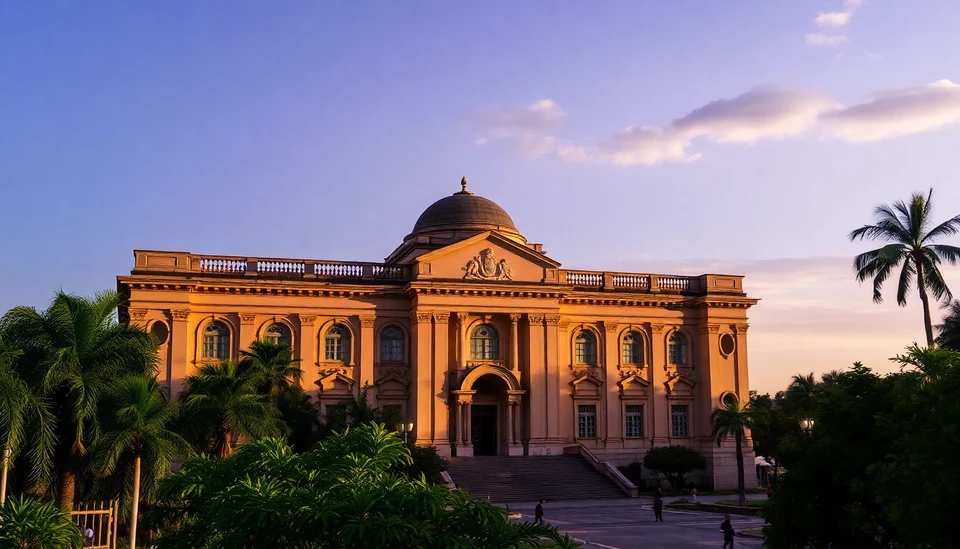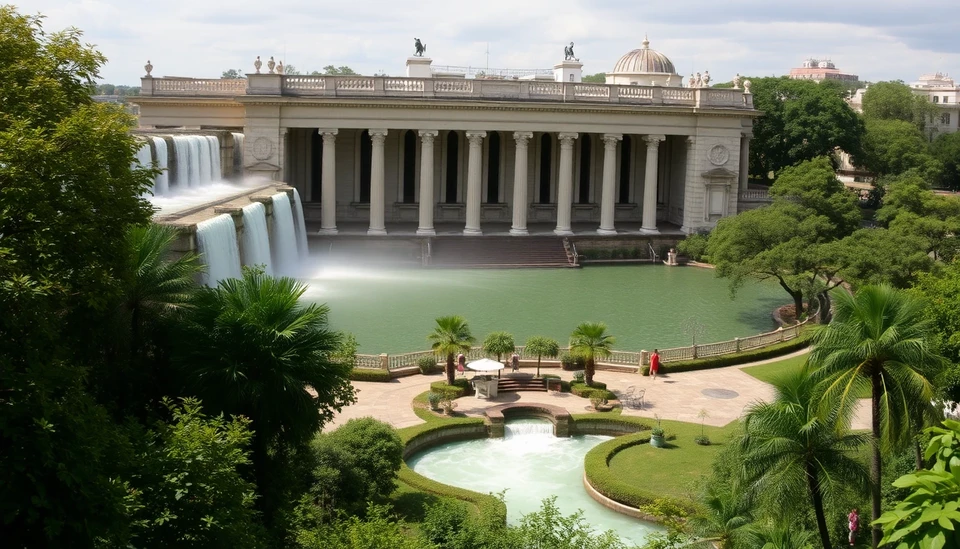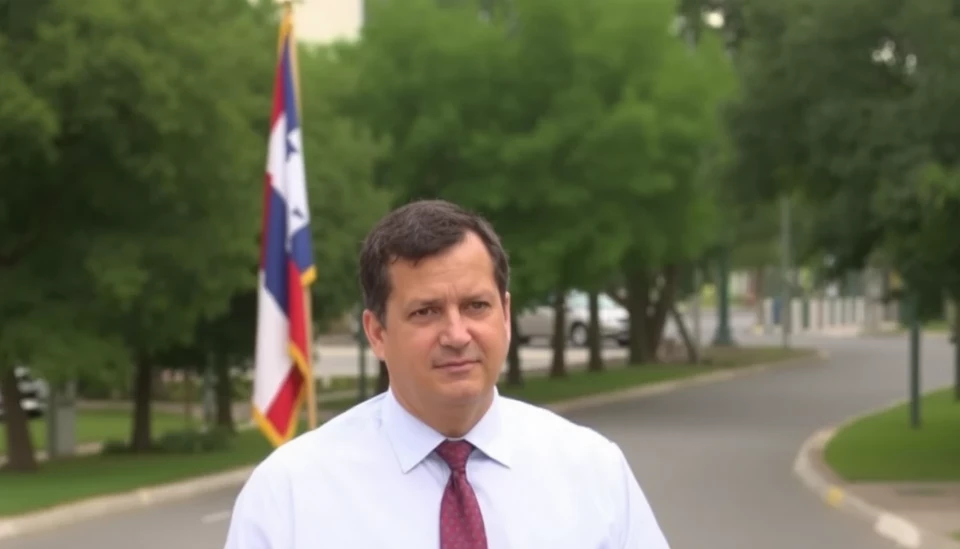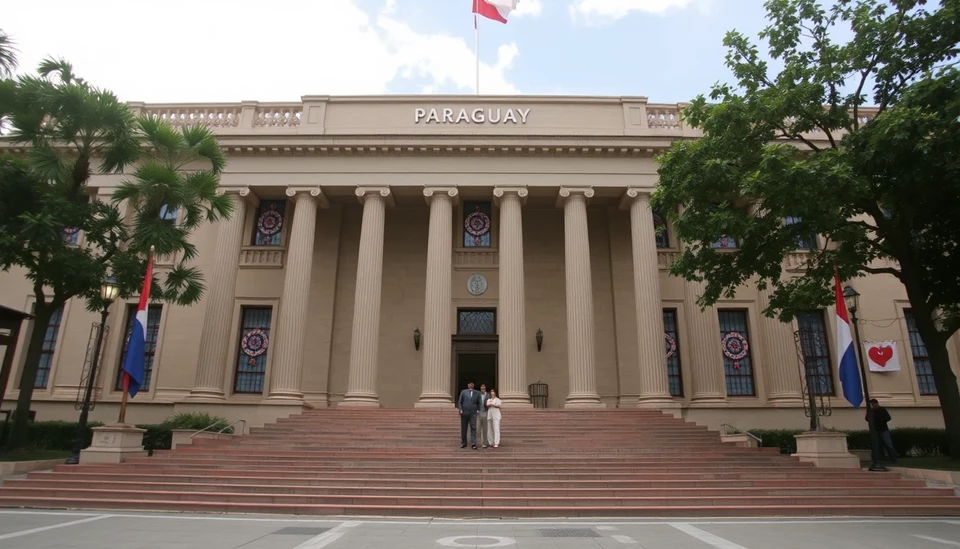
In an era of heightened global trade tensions, Paraguay has emerged as a significant player exemplifying a protective trade stance that shields its economy from international fluctuations. This strategic approach has particularly come to the fore in light of renewed tariffs imposed by the Trump administration, which have caused distress across numerous Latin American economies. By aligning with like-minded nations and adopting protective trade measures, Paraguay is not only safeguarding its agricultural sector but also positioning itself as a trade model for others facing similar challenges.
Recently, the U.S. announced an escalation of tariffs on goods from various countries, with a pronounced aim at protecting American industries. However, Paraguay has been largely insulated from these aggressive trade policies, thanks to its proactive measures and alliances within the Mercosur trade bloc, which includes Argentina, Brazil, Paraguay, and Uruguay. This relationship has allowed Paraguay to maintain a steady export trajectory, especially in agricultural products such as soybeans, which are essential to the country's economy.
Despite the looming tariffs, Paraguay’s agricultural sector is thriving, boosted by favorable weather conditions and increased international demand. The country's strategic positioning and reliance on a diversified market have enabled its agricultural exports to remain robust. The Paraguayan government has emphasized the importance of trade partnership stability as a means of mitigating the impacts of external economic pressures. By fostering relationships with both Mercosur neighbors and other global partners, the country is negotiating favorable trade terms that keep its economy afloat amidst global uncertainties.
Paraguay's leadership has been vocal about the significance of protective measures. Officials have pointed out that the country understands the realities of global trade and the detrimental impacts that sudden tariff hikes can have on developing nations. By reinforcing local production and maintaining a veritable wall against external market pressures, Paraguay is illustrating that protectionism can be wielded not just as a shield but as a tool for long-term economic resilience.
The economic climate within Paraguay is further bolstered by significant foreign investments that are attracted to its stable economic policies and favorable agricultural environment. These investments have helped ensure that even amidst changing global dynamics, the Paraguayan economy can continue to grow. Local farmers and producers are also benefitting from government support aimed at improving productivity and enhancing competitiveness.
As Paraguay navigates the complexities of contemporary trade, it sets a compelling example for other nations that find themselves grappling with the repercussions of protectionist policies. The country is harnessing the benefits of regional cooperation, allowing it to thrive despite pressures from larger economies. Looking forward, Paraguay’s model of selective protectionism could inspire similar strategies among its Latin American neighbors, creating a more resilient regional economy that can withstand the negative impacts of hostile trade practices.
In conclusion, Paraguay’s history and present circumstances are intertwined with its adept handling of trade relationships and protective policies. By understanding its own economic identity and the importance of building robust alliances, Paraguay not only shields itself from tariff-related pain but also exemplifies the power of strategic trade protection.
#Paraguay #TrumpTariffs #TradeProtectionism #Mercosur #AgriculturalEconomy #ForeignInvestment #LatinAmerica #EconomicResilience #GlobalTradePolicy
Author: Rachel Greene



